IBM Impact 2012: Firms should prepare for next-wave of consumer tech
Employees will expect to interact with and work through an increasing number of traditionally consumer-focused devices in the future.
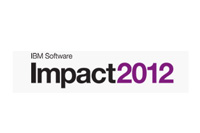

Businesses must prepare for the imminent explosion in inter-connected device numbers by changing the way their approach app development.
So claims Beth Smith, vice president of Websphere for IBM's software group, who advised firms to start focusing more on the consumerisation of technology to better position them for the future.
"As I travel around the world meeting customers, I'm quite struck by the level of similarities in the challenges that we face as IT professionals. Whether it's in Mumbai or Beijing or St Louis consumerisation and mobility are really defining a new norm in the use of technology," Smith said.
"Now, folks have become routine consumers of technology. Your customers and your employees are trying to experience your company through their phones and tablets. In the future it's going to be through their TVs, their cars and a flurry of other devices."
As a result, organisations must ensure they approach application development in a different way and acquire the attributes typically associated with consumer products, Smith advised.
Users will demand 24/7 availability as well as rich interaction and integration with other data sources, she added.
"The companies that will lead in this next phase will be the ones that can easily integrate into this new model.
Sign up today and you will receive a free copy of our Future Focus 2025 report - the leading guidance on AI, cybersecurity and other IT challenges as per 700+ senior executives
By 2020, users are expected to have an average of six personal devices, Smith claimed, which will result in an explosion' of interactions.
"Our phones are becoming our personal ID. Soon they'll also be our corporate ID. Our phones will be the entry point to everything. Authenticate us, follow us everywhere, give us access to everything," Smith said.
"Just imagine the governance implications in a world where your phone can now proxy for you. That's the challenge. But there is also a great opportunity as now one device will be everything about either your customers or your employees."
It comes back down to transactions, which was a theme of Steve Mills' keynote yesterday. These transactions need to be reliable, predictable and secure, according to Smith, who claimed it would create "a new era of messaging."
"Today one tweet can have a significant impact on your business," Smith added, emphasising such information can help firms identify new market opportunities or gain visibility of complaints much more quickly than before.
"You need to be able to tap into the growing ecosystem of app developers. This is going to require new approaches, new business models and building new relationships with this ecosystem of innovators. All of these trends will lead us to a new model of how we engage with customers."
Smith was then replaced on stage by Jerry Cuomo, IBM Fellow and CTO of WebSphere, who reiterated that enormous opportunities are on offer for businesses as their leverage, mobility, consumerisation, cloud and big data. But added that fresh thinking was required.
"I want you to think about your enterprise as if it were built like an iPhone. The exterior of the iPhone is easy to interact with. If you have ever prized open the cover you can see that the inside is well organised but sufficiently complex. If you've ever popped open the cover to your enterprise you'd see there are similarities. You probably don't want to expose internal services and business processes to the outside world, but today I will show you how to apply the principles of SOA to establish your public persona for your enterprise and make it as easy and intuitive to use as an iPhone.
Cuomo referred to what IBM has dubbed the engaging enterprise design.' He said it was about extending, transaction and optimismising.
"Apps are what engage your end user. I'm not talking about Angry Birds here. We're talking about enterprise apps that will likely use your public APIs to extend your enterprise. They could be written by you or third parties," he said.
Maggie has been a journalist since 1999, starting her career as an editorial assistant on then-weekly magazine Computing, before working her way up to senior reporter level. In 2006, just weeks before ITPro was launched, Maggie joined Dennis Publishing as a reporter. Having worked her way up to editor of ITPro, she was appointed group editor of CloudPro and ITPro in April 2012. She became the editorial director and took responsibility for ChannelPro, in 2016.
Her areas of particular interest, aside from cloud, include management and C-level issues, the business value of technology, green and environmental issues and careers to name but a few.
-
 Researchers claim Salt Typhoon masterminds learned their trade at Cisco Network Academy
Researchers claim Salt Typhoon masterminds learned their trade at Cisco Network AcademyNews The Salt Typhoon hacker group has targeted telecoms operators and US National Guard networks in recent years
-
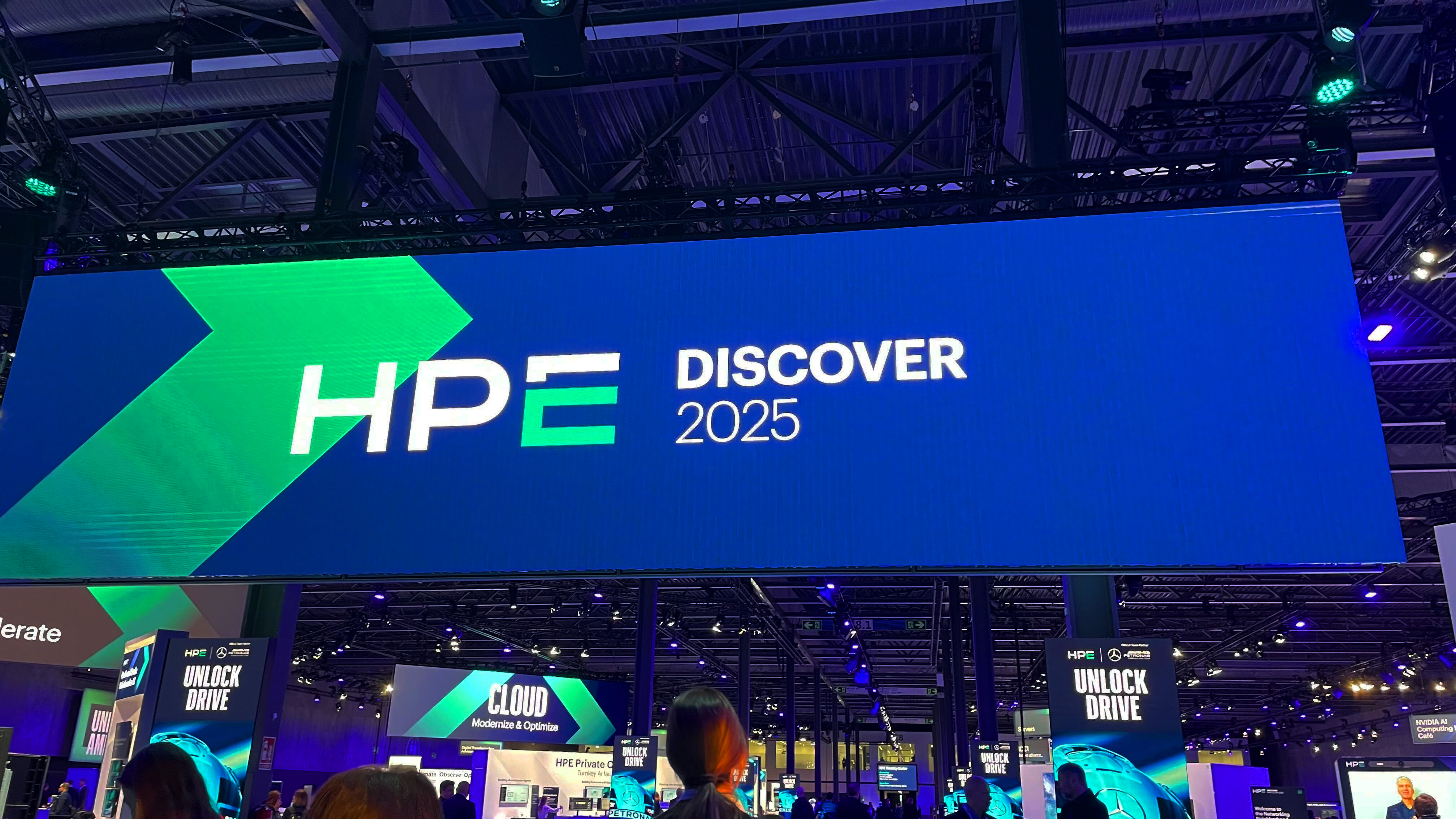 HPE says unified channel strategy won't force Juniper partners to generalize
HPE says unified channel strategy won't force Juniper partners to generalizeNews Does the company embrace specialists or want a full portfolio push? The answer, it seems, is both
-
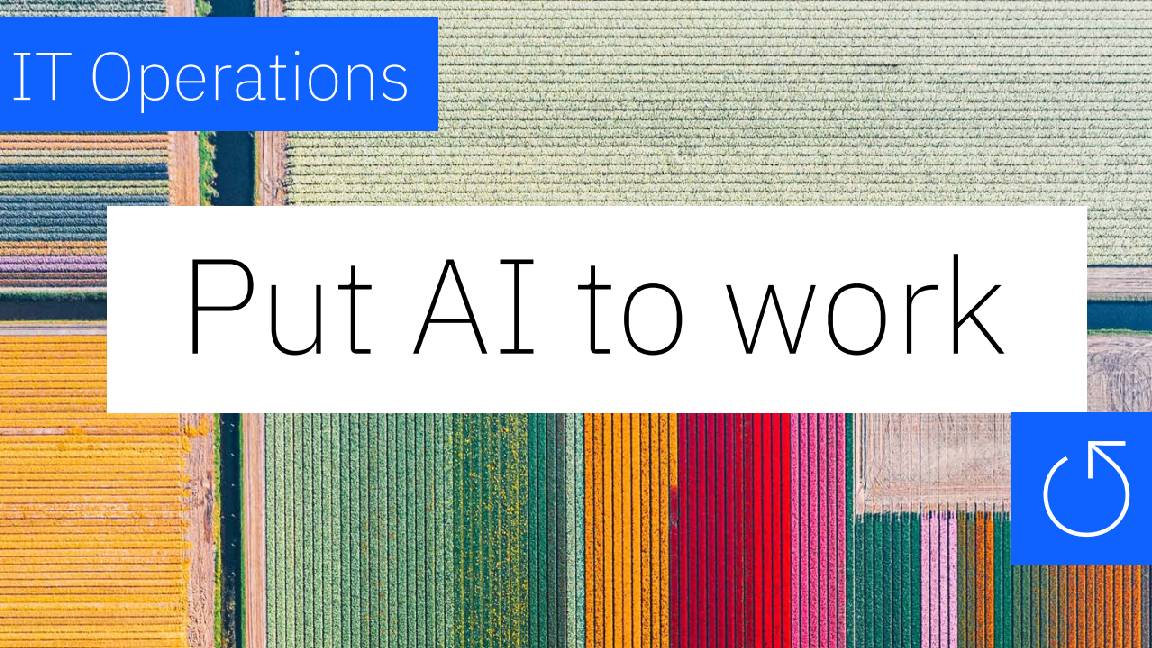 Put AI to work for IT operations
Put AI to work for IT operationswhitepaper Reduce the cost and complexity of managing hybrid applications
-
 AI in the retail industry is spreading beyond the IT department
AI in the retail industry is spreading beyond the IT departmentNews AI has become a strategic imperative for retailers, delivering marked productivity gains
-
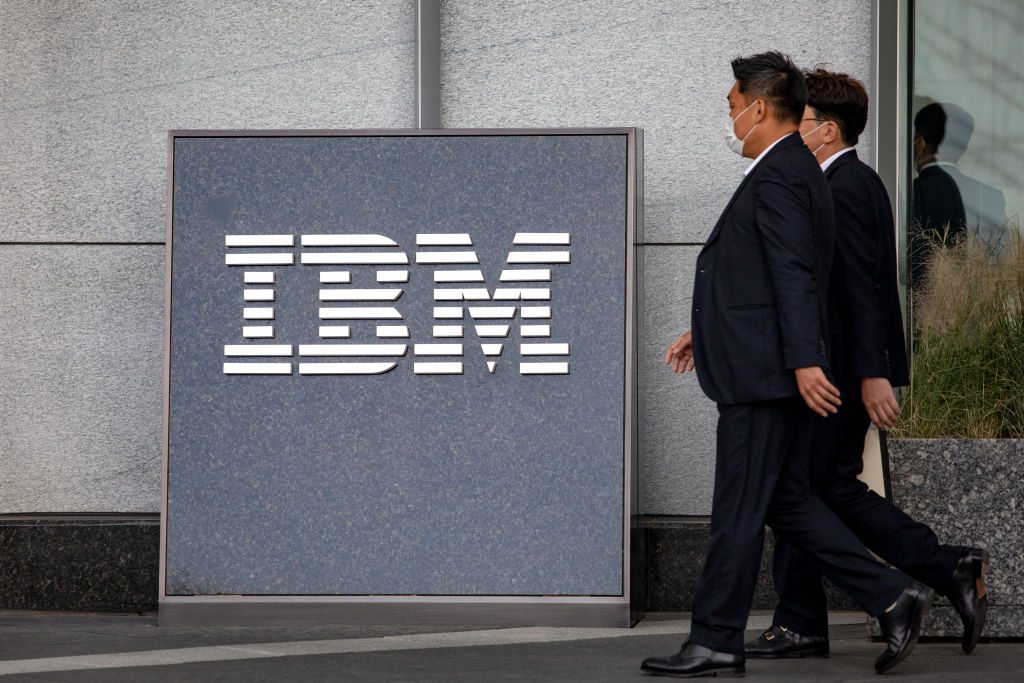 Maximizing contact center operations with generative AI assistants backed by responsible AI principles
Maximizing contact center operations with generative AI assistants backed by responsible AI principleswhitepaper Reduce the cost and complexity of managing hybrid applications
-
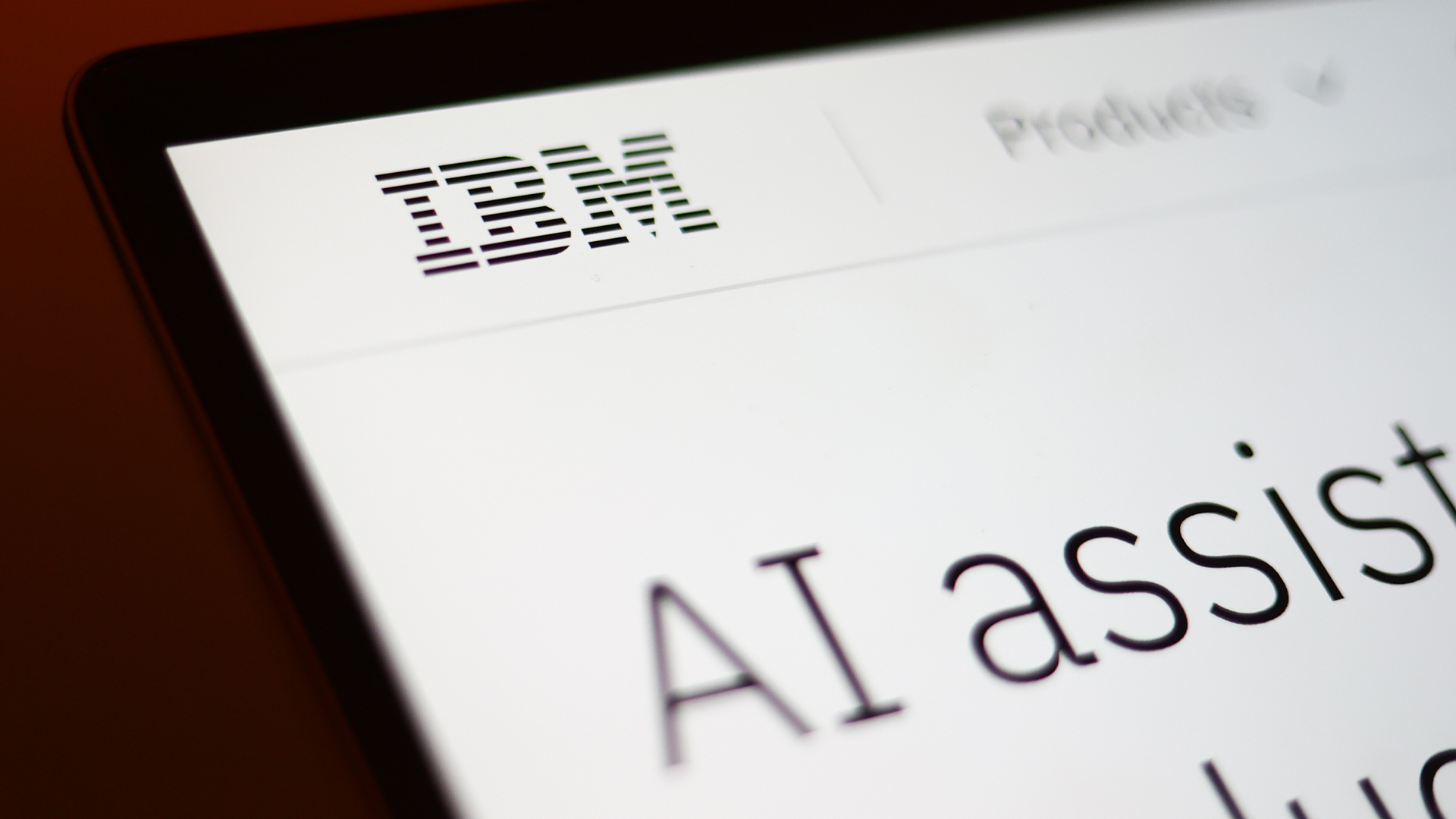 IBM just launched powerful new open source AI models – here’s what you need to know
IBM just launched powerful new open source AI models – here’s what you need to knowNews Available under the Apache 2.0 license, IBM's Granite 3.0 models are trained on enterprise data and can out-perform the competition
-
 Achieving business outcomes with generative AI
Achieving business outcomes with generative AIWebinar Take your hybrid cloud journey to the next level with generative AI
-
 Wimbledon’s new Catch Me Up AI feature promises to keep fans up to date at the tournament – after it irons out some of the wrinkles
Wimbledon’s new Catch Me Up AI feature promises to keep fans up to date at the tournament – after it irons out some of the wrinklesNews The latest feature to come out of IBM’s partnership with Wimbledon will keep fans engaged from the early stages right through to the final with dynamic player insights
-
 AI demands new ways of data management
AI demands new ways of data managementwhitepaper The data leader’s guide for how to leverage the right databases for applications, analytics and generative AI
-
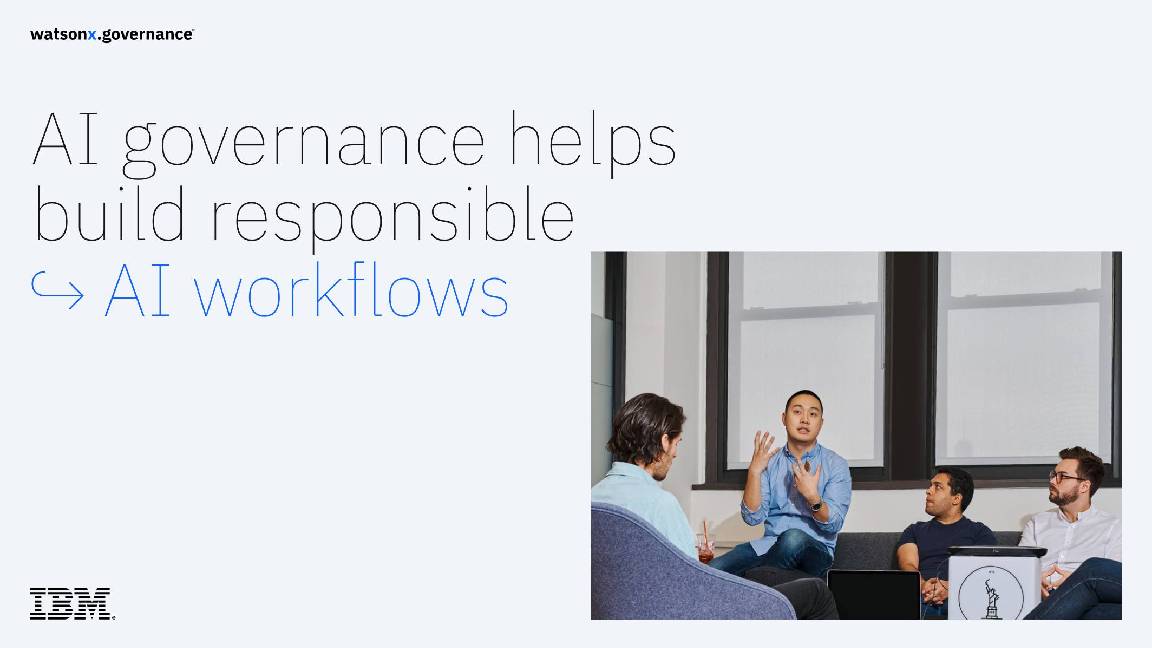 AI governance for responsible transparent and explainable AI workflows
AI governance for responsible transparent and explainable AI workflowswhitepaper Build greater trust in your AI
